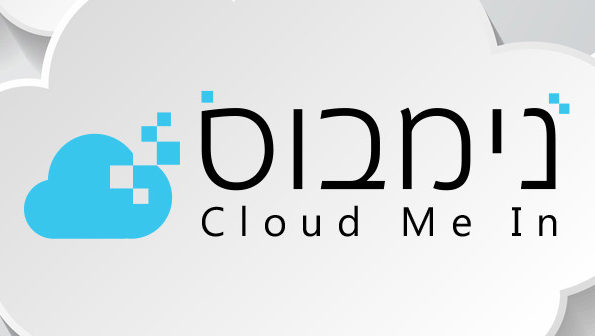Google’s Project Nimbus a ‘Game-Changer’ for Israel, Tech Experts Say of Platform at Center of Row
The deal will provide cloud services to the Israeli government as it moves forward with ambitious multi-year plan
Israel’s ambitious multi-year plan that aims to create a broad cloud-computing platform is a “game-changer” that will catapult the country forward technologically, industry experts have said.
Known as Project Nimbus, the $1.2 billion deal will see Amazon Web Services (AWS) and Google provide cloud services to the Israeli government. AWS and Google are set to build data centers in the country that will enable the government to move its computer systems to a cloud-based platform.
Tech industry leaders in Israel say that the project is not related to surveillance at all, and predicted that it would lead to a radical transformation of services and industries in the country.
AllCloud – a global company with offices in Europe, North America and Israel – is one of AWS’s partners in the region. It will work together with clients to teach people how to use the new platform in a safe and efficient way.
“You can create amazing services for the end customer, which means citizens,” Ilan Nimni, AllCloud’s senior vice president of cloud platforms in Europe, the Middle East and Africa, told The Media Line. “This is why Nimbus is so critical and is going to be a game-changer for Israel.”
If I need to renew my passport, driver’s license or pay my bills – everything will become accessible and quicker now. It impacts the entire Israeli ecosystem.
Nimni called the project part of a broader global push toward digitization and said that it would revolutionize the way the Israeli government functions.
“Right now, the Israeli government is working in silos,” which means each department is working on its own, he explained. “The platform of the cloud will enable all of these departments to work as one unit. Imagine one big database where all the data is [held].”
Give the gift of hope
We practice what we preach:
accurate, fearless journalism. But we can't do it alone.
- On the ground in Gaza, Syria, Israel, Egypt, Pakistan, and more
- Our program trained more than 100 journalists
- Calling out fake news and reporting real facts
- On the ground in Gaza, Syria, Israel, Egypt, Pakistan, and more
- Our program trained more than 100 journalists
- Calling out fake news and reporting real facts
Join us.
Support The Media Line. Save democracy.


Project Nimbus also will have a major impact on services and speed up applications and processes for the average citizen in several fields, including health care and education. Rather than taking days or even weeks to renew a driver’s license or access personal medical data, citizens will be able to do so in a matter of minutes, according to Nimni.
“When using the cloud, I can immediately get a [computing] capability that is like buying a multi-million-dollar server,” he said. “This means that if I have a project that has machine learning or AI or any complicated services, I just need to log in to the cloud.”
Other information technology experts also lauded the initiative and suggested that it would enable Israeli companies in a wide range of industries to leap forward technologically.
“It’s a revolution,” Shimon Elkabetz, country managing director of Accenture Israel, told The Media Line. “It’s also a revolution for workers because now they will need to be trained in how to use it. It’s also a revolution for citizens, who will receive better and faster services. It’s part of the world’s digital transformation.”
The adoption of cloud technologies gained momentum in recent years thanks in part to the COVID-19 pandemic, Elkabetz says. Amid rolling lockdowns, many organizations were pressed to find solutions that would enable employees to work securely from home.
The Israeli government’s decision to migrate most of its services to the cloud has removed a lot of red tape regarding regulation. Before this, he notes, businesses had to undergo a complicated bureaucratic process in order to gain approval to migrate data or services to the cloud.
“This has untangled a massive snarl that was burdening entire industries,” Elkabetz said. “Most countries in the world are moving their computer systems to the cloud. There are many reasons for this, including efficiency, development and savings. Israel is behind in this regard by a few years.”
Elkabetz asserts that the end goal of Nimbus is to improve services for Israeli citizens.
“If I need to renew my passport, driver’s license or pay my bills – everything will become accessible and quicker now,” he said. “It impacts the entire Israeli ecosystem.”
The move, first announced in May 2021, has generated pushback from pro-Palestinian workers at Google and AWS. The workers claim that Nimbus will be used to further unlawful surveillance and data collection on Palestinians, as well as facilitate the expansion of settlements in the West Bank.
Thursday’s protests come as Google employees aim to draw renewed attention to the cloud-computing contract. Pro-Palestinian workers from Google and AWS have called on the companies to rescind Project Nimbus, arguing that it “further enables apartheid and oppression of Palestinians.”
The Media Line reached out to the “Workers Against Nimbus” and “No Tech for Apartheid” movements for comment but did not receive a response as of press time.

